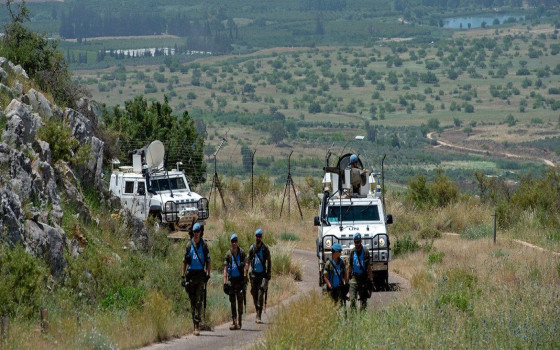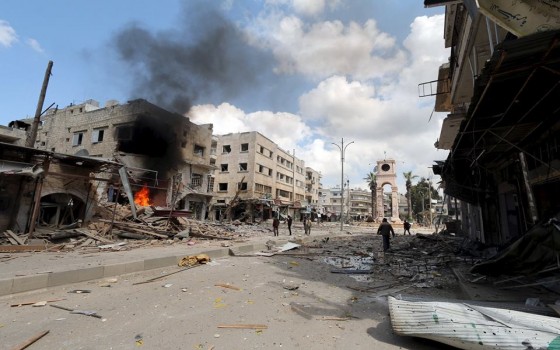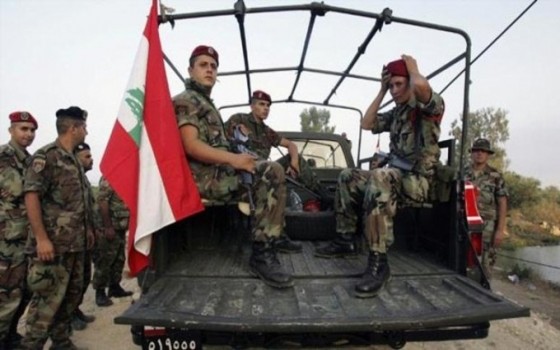
UN Under-Secretary-General in Lebanon today as the war continues to inflict heavy civilian casualties

- Europe and Arabs
- Tuesday , 12 November 2024 9:26 AM GMT
Beirut: Europe and the Arabs
In light of the worrying situation along the Blue Line separating Israel and Lebanon, the Under-Secretary-General for Peacekeeping Operations, Jean-Pierre Lacroix, is expected to arrive in Beirut today, Tuesday, for a three-day visit, where he will meet with senior Lebanese and UN officials and diplomats.
In a press conference held in New York on the eve of his trip, UN spokesman Stephane Dujarric said that Mr. Lacroix’s priorities include expressing solidarity and support for peacekeeping forces, troop-contributing countries and other partners, as well as the community served by the UNIFIL mission, and “he will work to reinforce the calls of the United Nations and the international community for de-escalation and a ceasefire.” According to the UN daily news bulletin, a copy of which we received this morning, Tuesday, “the UN official is scheduled to meet with caretaker Prime Minister Najib Mikati, Speaker of Parliament Nabih Berri, Foreign Minister Abdullah Bou Habib, Defense Minister Maurice Slim, and Lebanese Army Commander General Joseph Aoun.” He will also visit UNIFIL’s headquarters in Naqoura and other locations along the Blue Line, and will meet with peacekeepers “to personally thank them for their dedication to their work under extremely difficult circumstances.”
On the humanitarian front, Mr. Dujarric said the United Nations and its partners continue to support the Lebanese Ministry of Public Health by distributing medicines to some 40 primary health centers in the Bekaa and Baalbek-Hermel governorates, while the World Health Organization and its partners are providing support to conflict-affected areas. The World Food Programme has provided millions of cooked meals, reaching more than 440,000 people across Lebanon since 23 September.
The UN spokesperson said the conflict is having a devastating impact on civilians on both sides of the Blue Line, adding: “OCHA emphasizes that under international humanitarian law, parties to a conflict must take all feasible precautions to avoid and minimize harm to civilians and civilian objects. Civilians, including children, must be protected at all times, wherever they may be, whether they choose to remain in their area or are forced to flee.”
Humanitarian workers say more than 200 children have now been killed since hostilities between Hezbollah and Israel began in October last year. An airstrike on a house housing displaced people in Jbeil, Mount Lebanon Governorate, on Sunday killed at least 23 people, including seven children, according to Lebanon’s health ministry.












No Comments Found